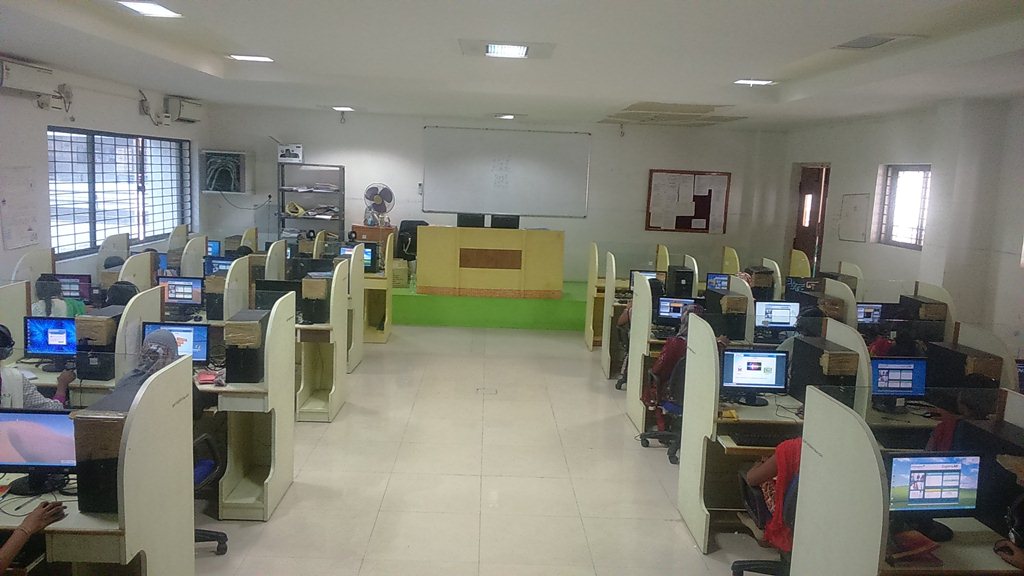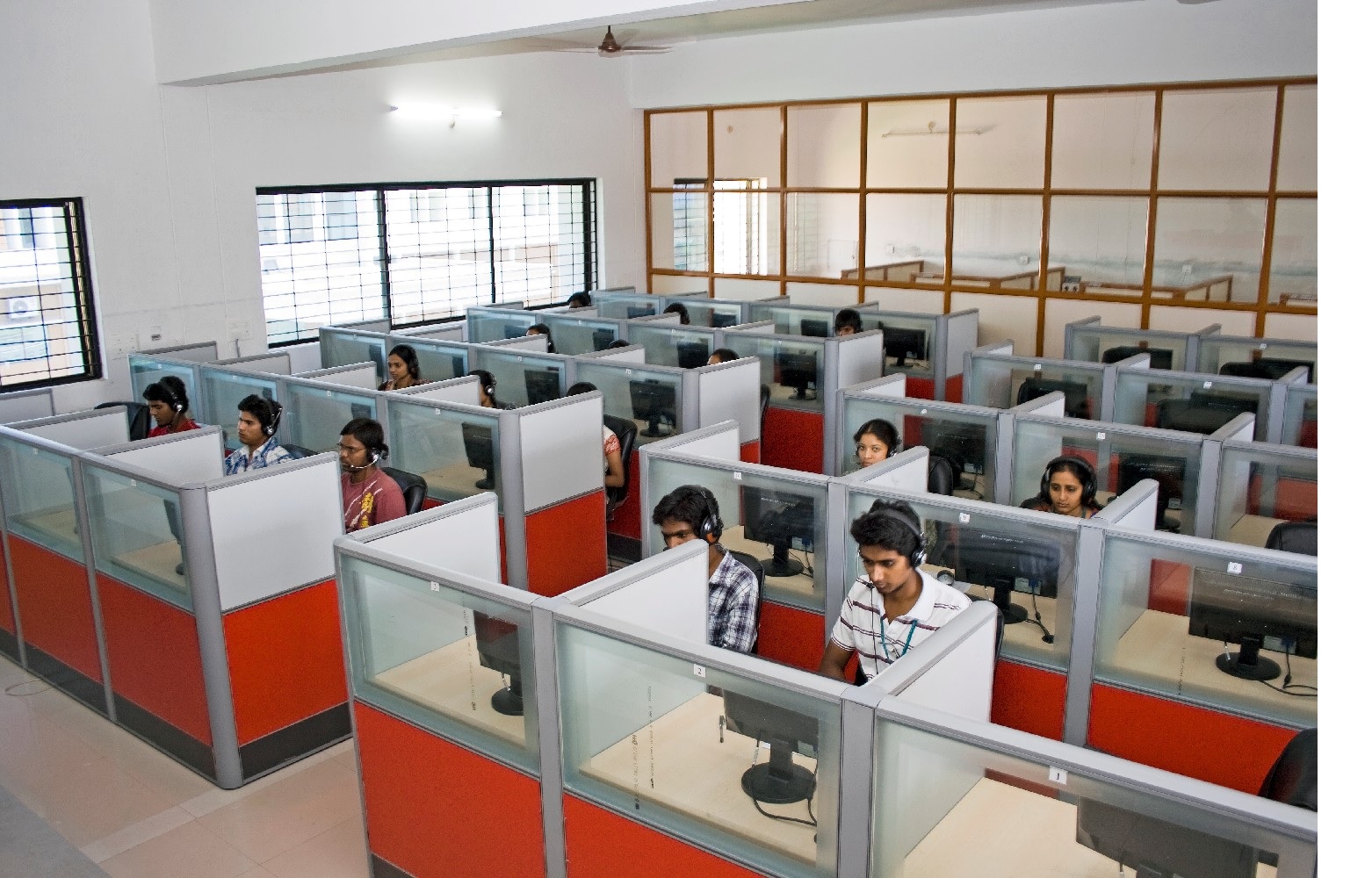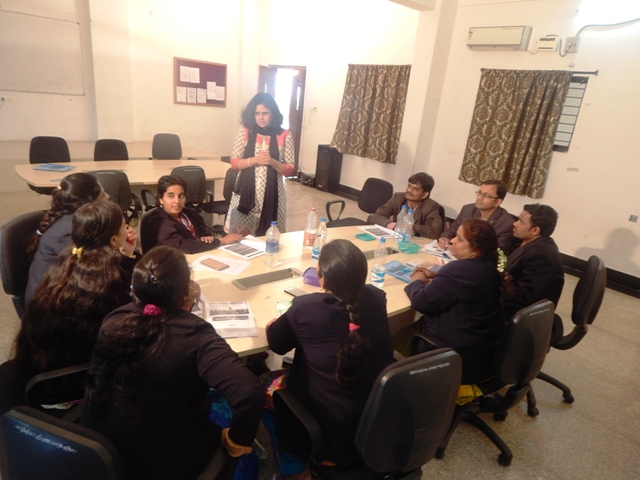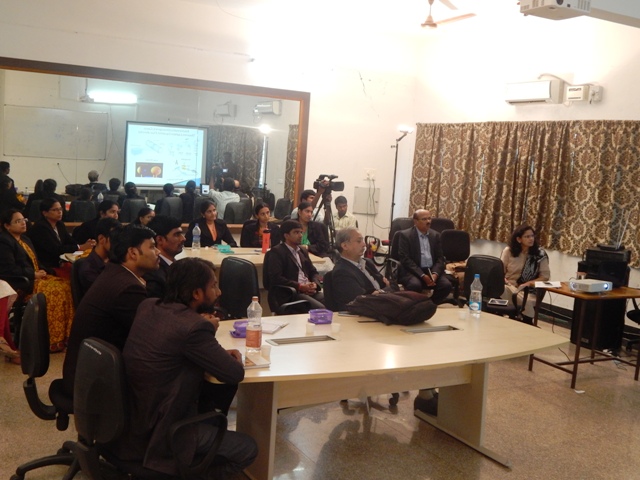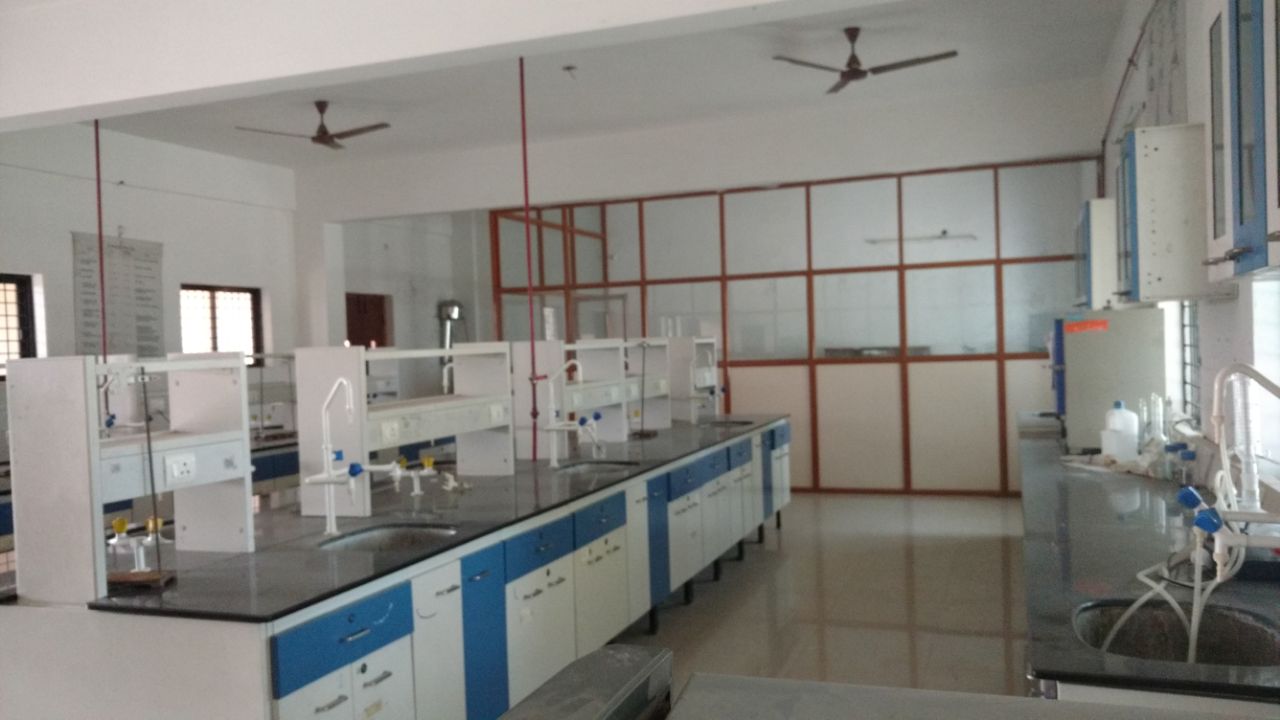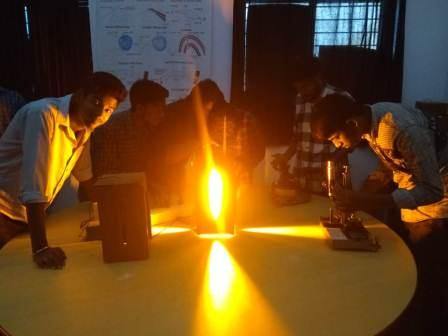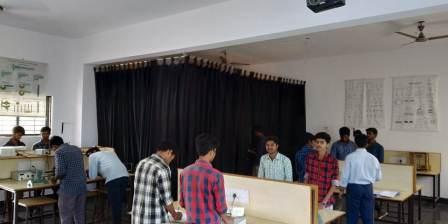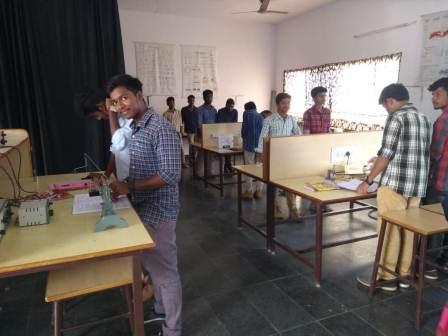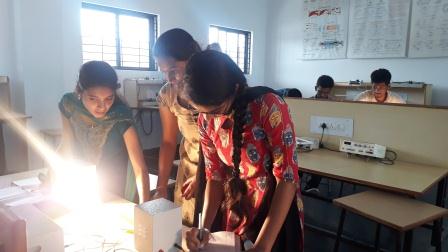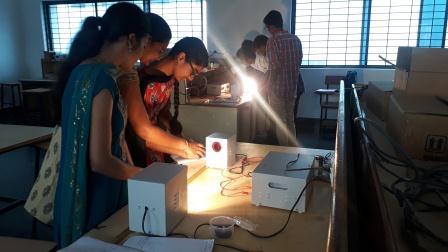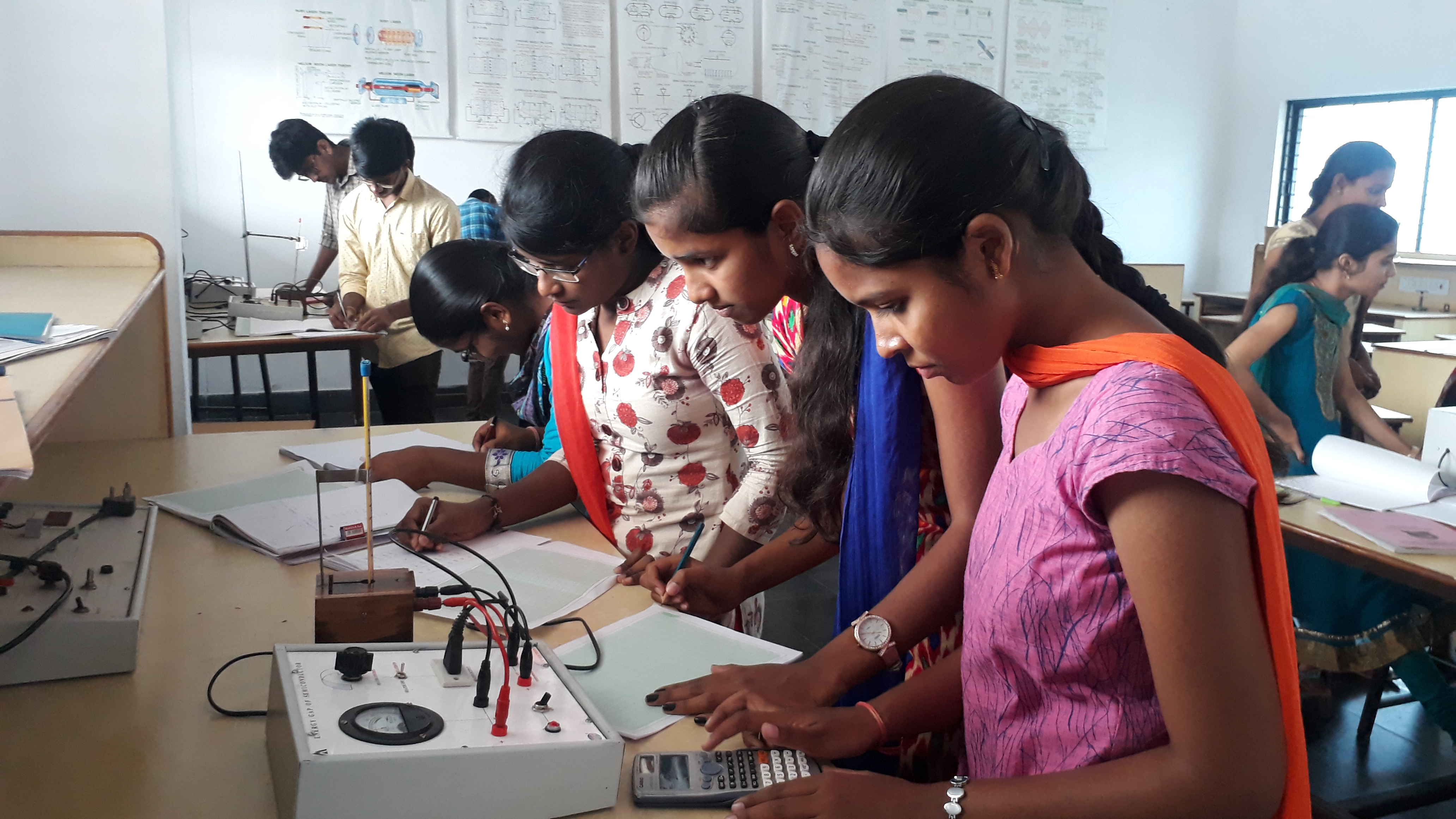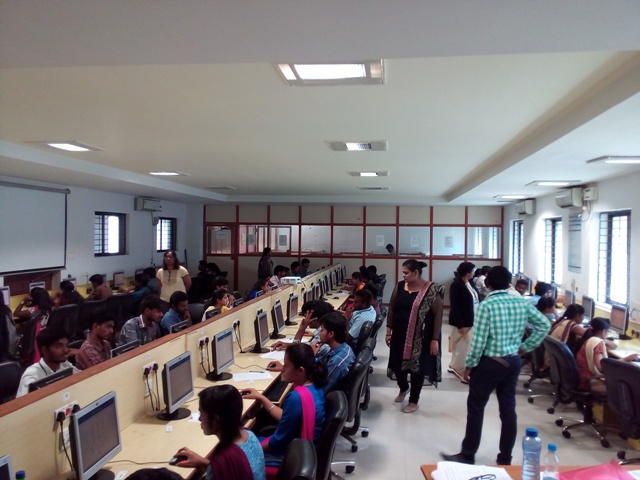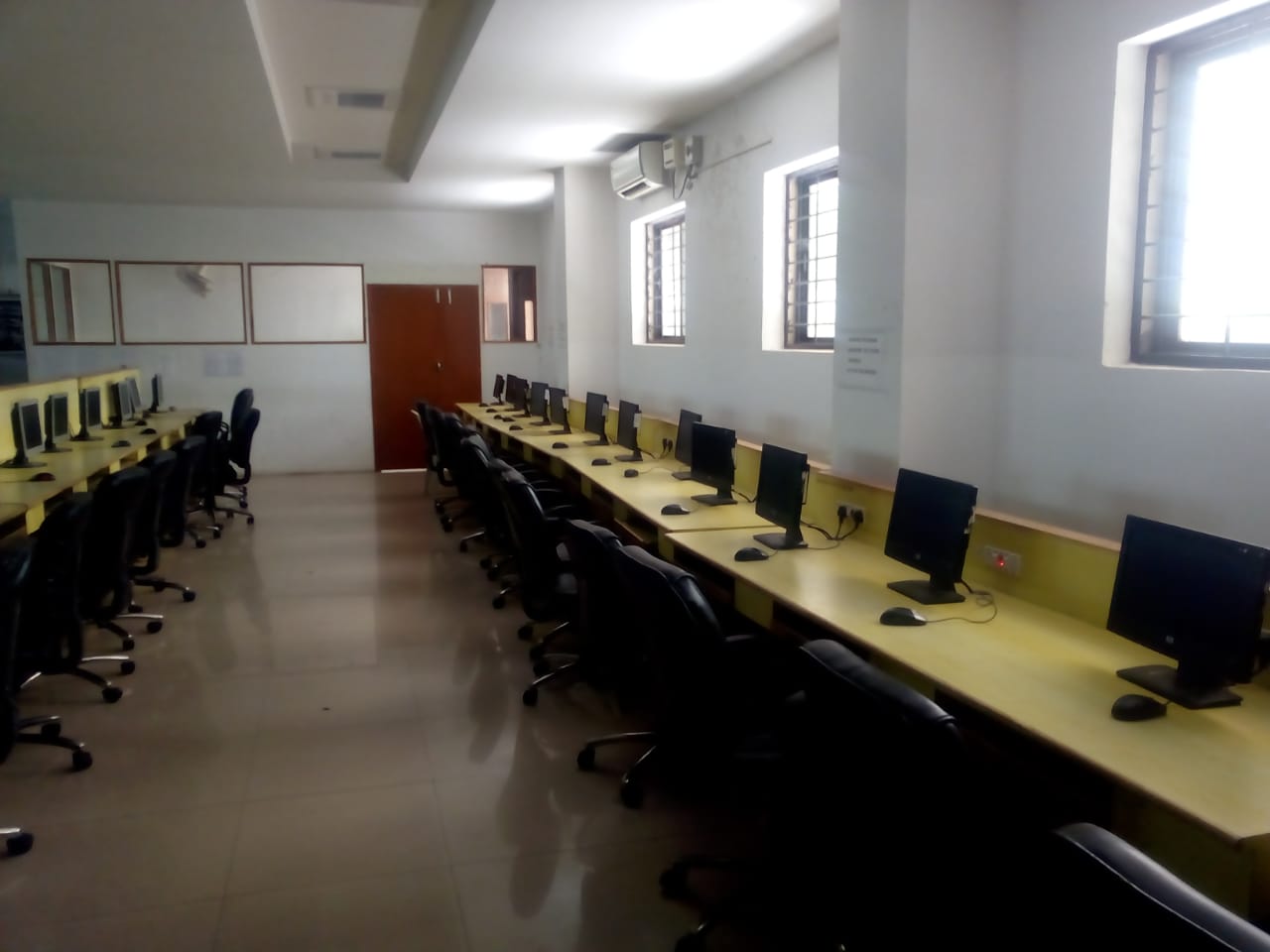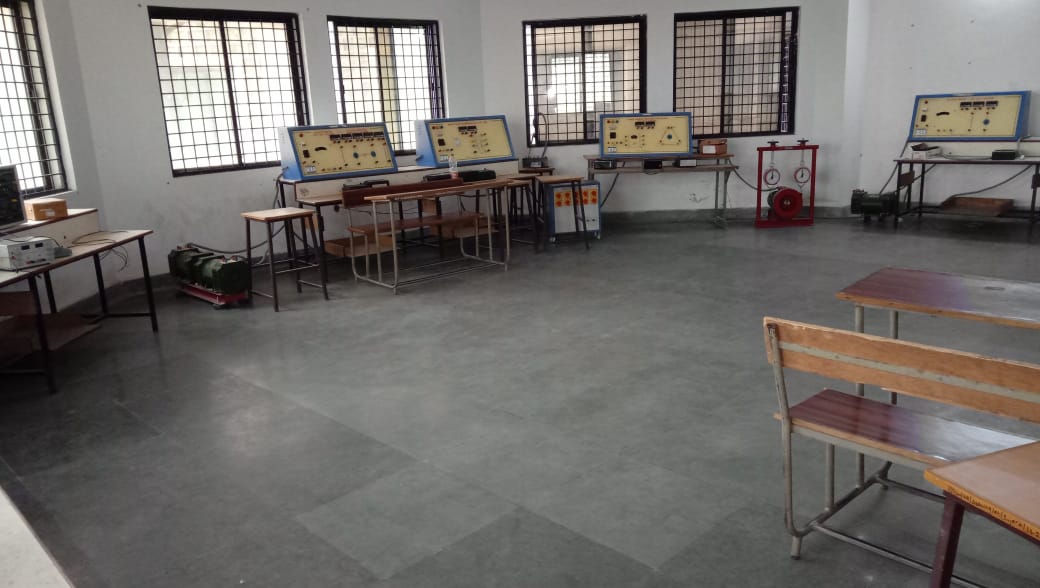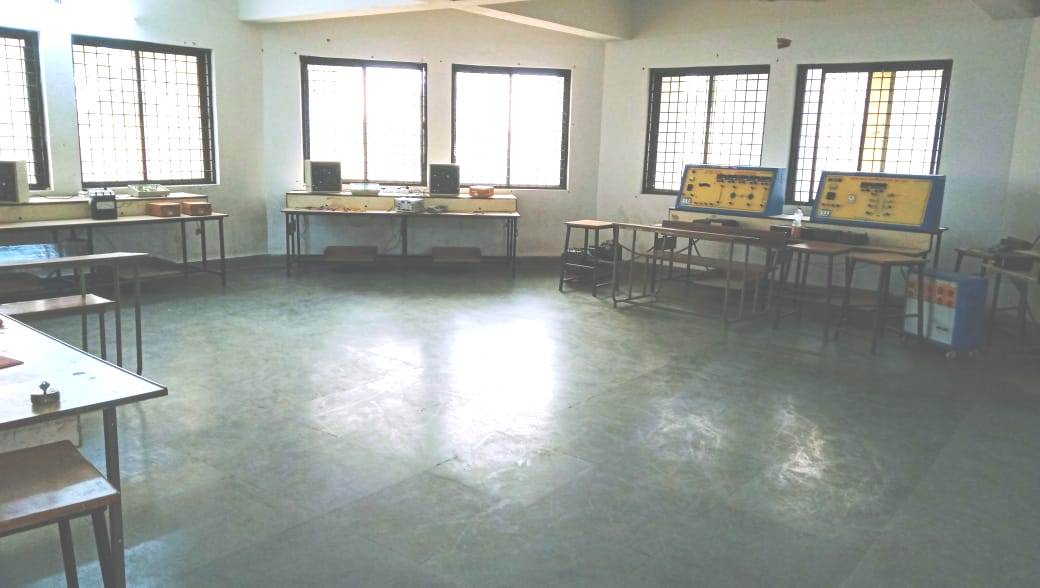LABORATORIES
The laboratories / workshops are fully equipped with complete set of latest equipments and tools, in different areas of Physics, Chemistry and Mathematics. The various labs and workshops encompass the vital aspects of Computational Mathematics, Computer Programming, Data Structures, Basic Engineering Workshop, Electrical and Electronics Circuits and Engineering Drawing etc.
Detail of various laboratories and their facilities are as follow:
English Language Communication Skills Lab
Programming For Problem Solving Lab
1. MATRIX LABORATORY (MATLAB)
MATLAB (Matrix Laboratory) is a fourth-generation high-level programming language and interactive environment for numerical computation, visualization and programming. It allows matrix manipulations; plotting of functions and data; implementation of algorithms; creation of user interfaces; interfacing with programs written in other languages, including C, C++, Java, and FORTRAN; analyze data; develop algorithms; and create models and applications. It has numerous built-in commands and math functions that help you in mathematical calculations, generating plots, and performing numerical methods.
Basic Features of MATLAB
It is a high-level language for numerical computation, visualization and application development and it also provides an interactive environment for iterative exploration, design and problem solving.
It provides vast library of mathematical functions for linear algebra, statistics, Fourier analysis, filtering, optimization, numerical integration and solving ordinary differential equations
It provides built-in graphics for visualizing data and tools for creating custom plots. MATLAB's programming interface gives development tools for improving code quality maintainability and maximizing performance.
It provides tools for building applications with custom graphical interfaces. It provides functions for integrating MATLAB based algorithms with external applications and languages such as C, Java, DOTNET and Microsoft Excel.
MATLAB Specifications
Hardware Components: 30 Number of Dell Opti plex 3060 Mini Tower, 3.9 Giga Hertz processor, 4 GB RAM, with 1 Tera Byte Hard Disk
Softwares Available: Ubuntu 16.04 L.T.S Operating System.
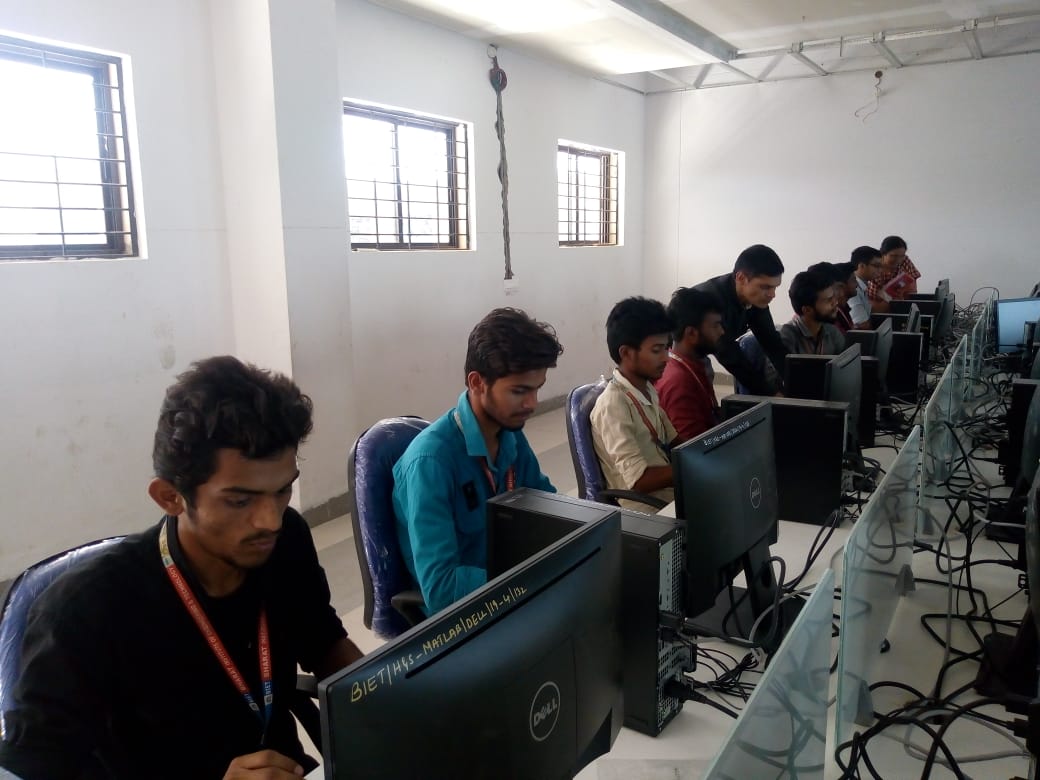
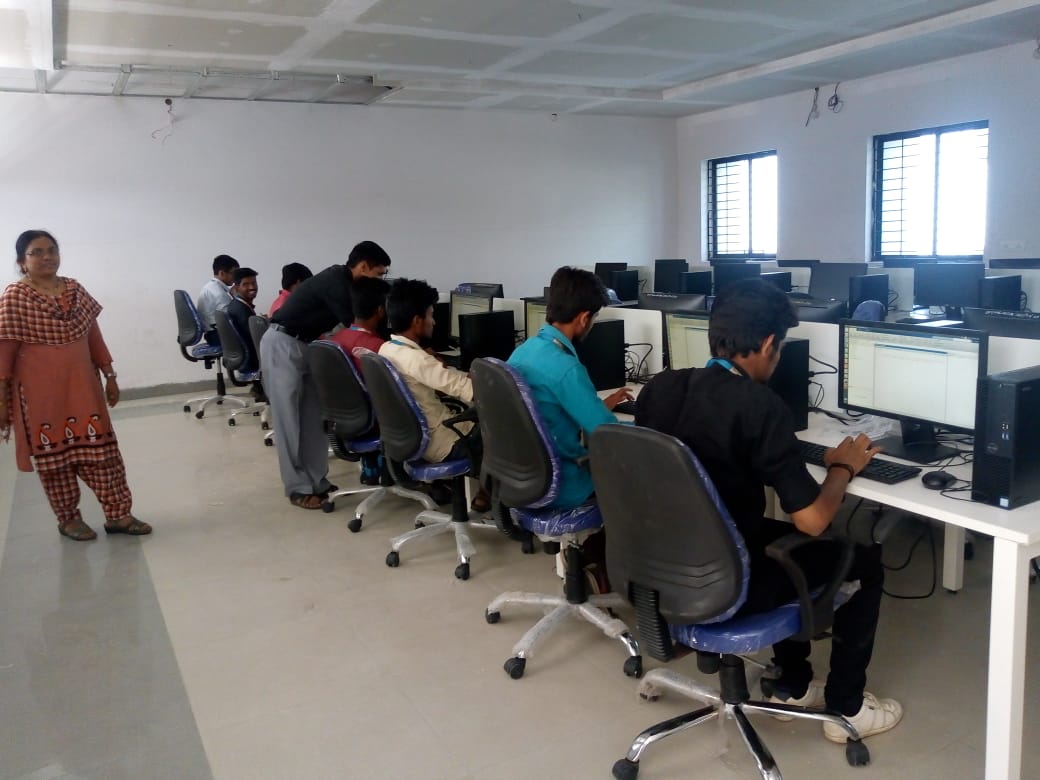
2. English Language Communication Skills Lab
The Department of English strives to enhance skills in listening, speaking, reading and writing. It persistently espouses innovative teaching techniques to mould the young learners from diverse domains who are lacking fluency in English and whose medium of instruction has been the regional language. The department incessantly aspires to inculcate quality education to meet the needs and aspiration of the new generation engineers.
Objectives
To facilitate computer-assisted multi-media instruction enabling individualized and independent language learning.
To sensitize the students to the nuances of English speech sounds, word accent, intonation and rhythm.
To bring about a consistent accent and intelligibility in students’ pronunciation of English by providing an opportunity for practice in speaking.
To improve the fluency of students in spoken English and neutralize their mother tongue influence.
To train students to use language appropriately for public speaking, group discussions and interviews.
The Department has well equipped English Language Communication Skills (ELCS) Labs:
1. Computer Assisted Language Learning (CALL) Lab Specifications
The Computer Assisted Language Learning Labs are well equipped with advanced equipments and facilities
based on the latest technology.
The student-friendly ambience with the facility of 40 systems equipped with adjustable mic boom multimedia headphones, one master console, and LAN facility in each lab make the teaching-learning experience comprehensive. It has software to provide training to students in speaking, listening, reading and writing skills
2. Interactive Communication Skills (ICS) Lab:
Interactive Communication Skills lab is a spacious room with 60 movable chairs,
audio-visual aids with a Public Address System, a smart T. V, a digital stereo –audio
and video system and camcorder
The students and faculties push the boundaries of possibilities in these labs, and there is always a constant buzz in this part of the campus where new knowledge is created.


